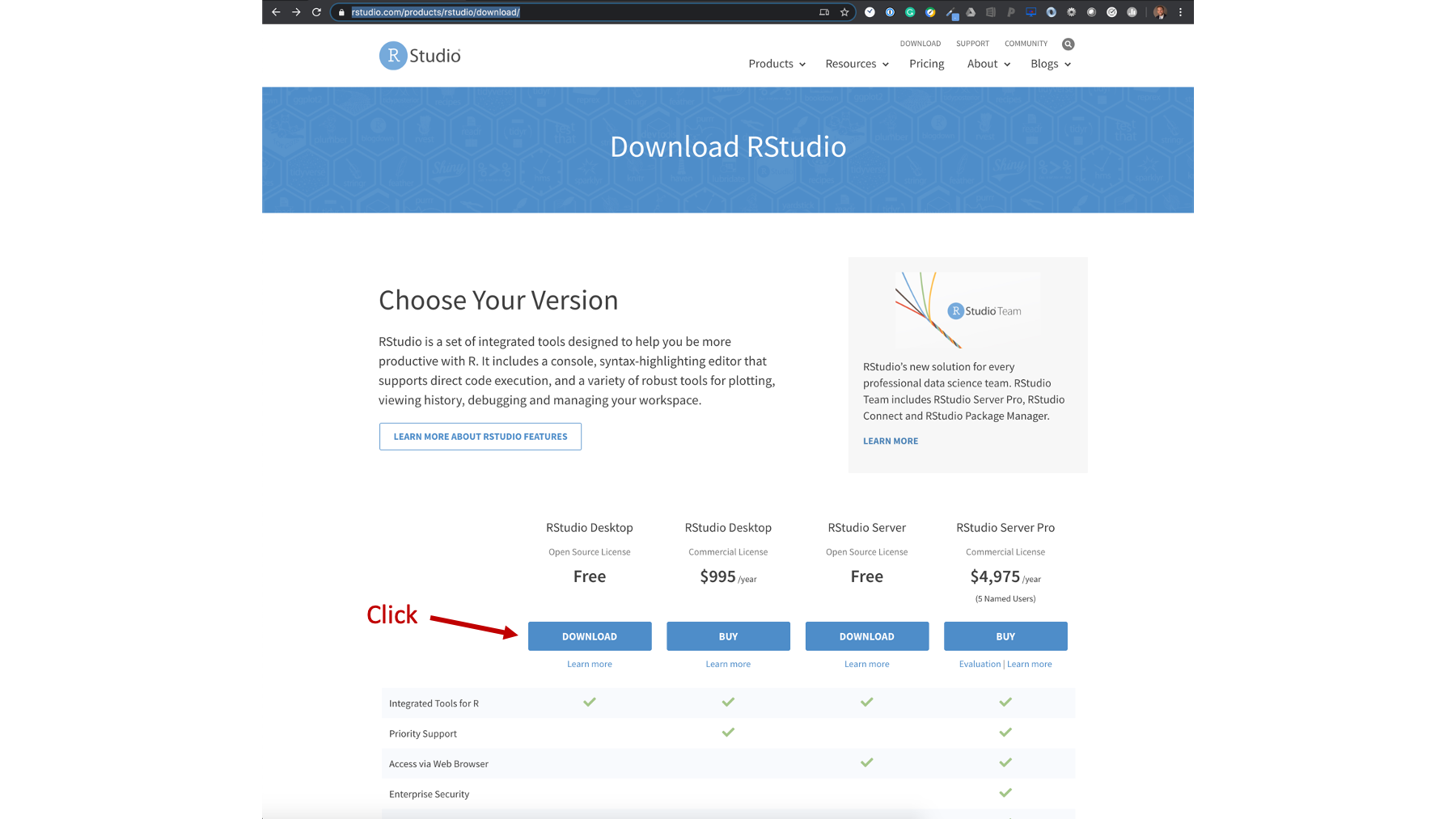

The wheels never work from BioConductor and sometimes it’s been a challenge to find the appropriate files to build the package I need myself.

On the R side, the only time it really feels like a pain in the ass is when dealing with BioConductor packages. This problem goes for both R and Python btw. This isn’t an issue if you’re comfortable building packages from source, which most people are, but for newer users it can be a bit of a headache. A lot of wheels are not made for the M1 chip yet. That second point also touches on another larger issue that, while not a dealbreaker, is worth considering. Before Monterey, I only had a few strange issues with the parallel package itself where I had to build it from source instead of using the provided wheel. This is a combination of using an M1 as well as using macOS Monterey though. Multiprocessing packages in R seem to have trouble with the ARM64 chipset (M1).Just kind of annoying that it has to be done since everything just worked out of the box with previous Intel macs. R and package binaries for R versions older than 4.0.0 are only available from the CRAN archiveso users of such versions should adjust the CRAN mirror setting ( accordingly. After dealing with it the first time, it’s smooth sailing though. R for macOS This directory contains binaries for the base distribution and of R and packages to run on macOS.
#Rstudio for mac m1 manual
I’ve had to do a lot more manual work specifying paths and getting under the hood with stuff like Reticulate ( for R -> Py ) and for using system calls in Python to execute R code. For some reason, the interplay between R and Python is not as seamless.I’ve run into a couple issues, but nothing insurmountable.


 0 kommentar(er)
0 kommentar(er)
